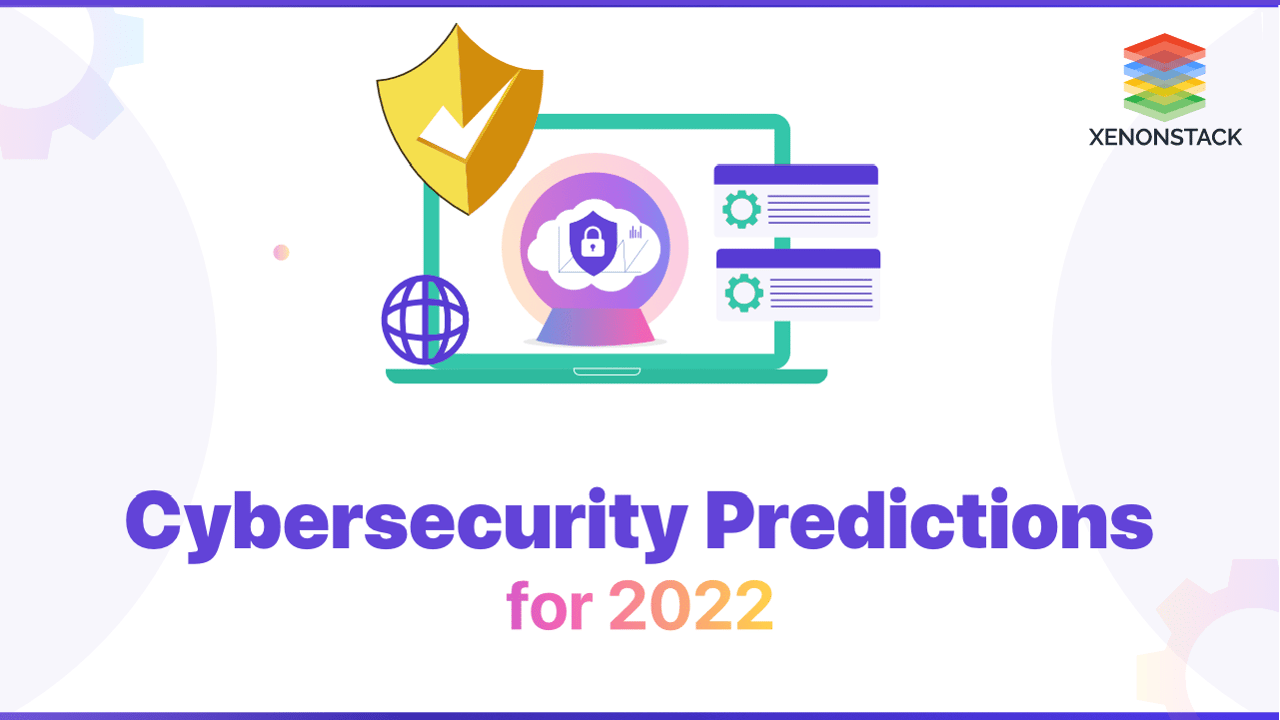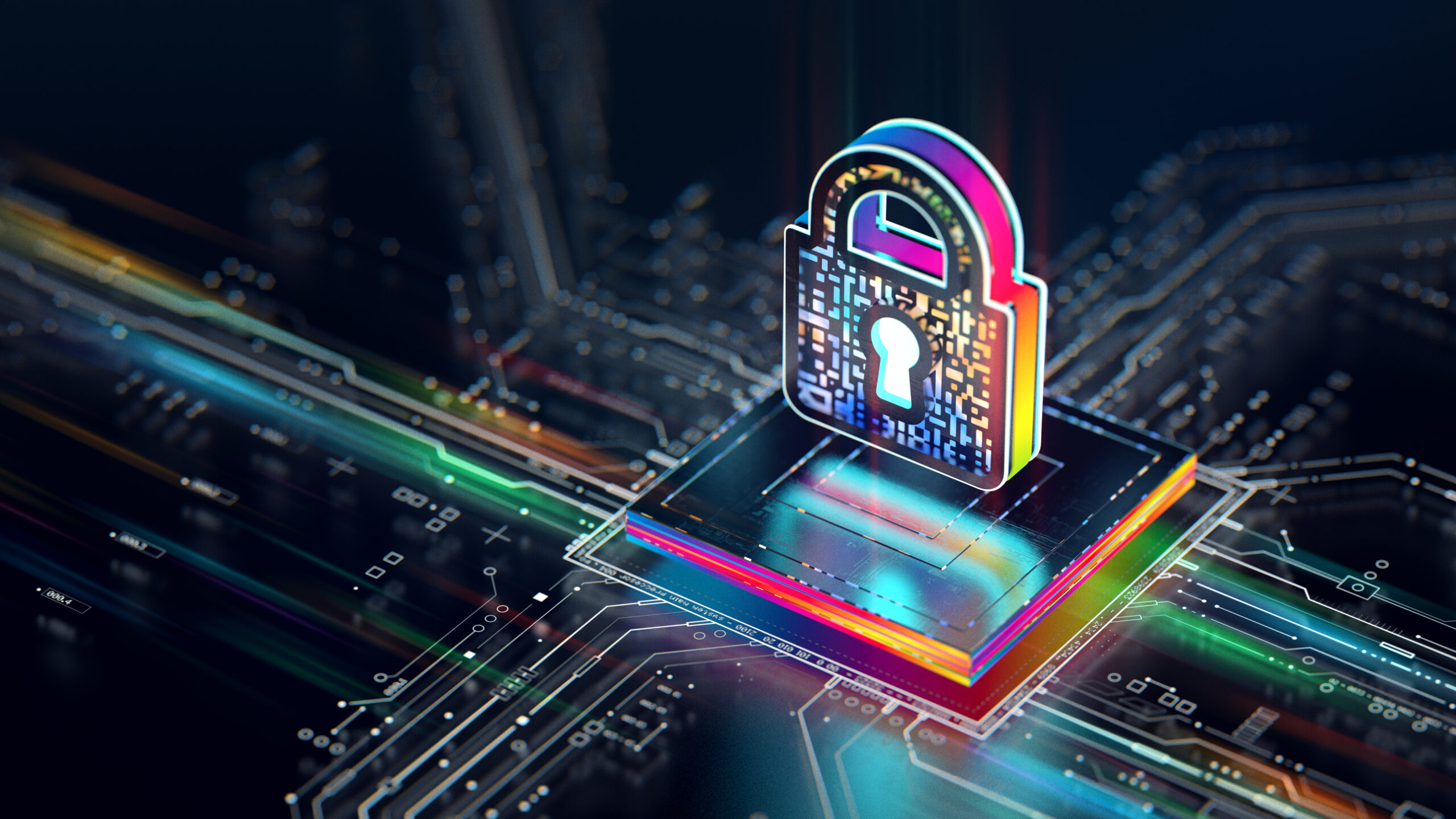Prepare for 7 Cybersecurity Predictions for 2025 shaping the future.
Prepare for 7 Cybersecurity Predictions for 2025 shaping the future.
Blog Article
Future-Proof Your Organization: Key Cybersecurity Forecasts You Required to Know
As services face the speeding up pace of electronic improvement, comprehending the advancing landscape of cybersecurity is crucial for long-term durability. Predictions suggest a considerable uptick in AI-driven cyber dangers, alongside heightened governing examination and the necessary change in the direction of No Depend on Architecture.
Increase of AI-Driven Cyber Hazards

Among one of the most worrying growths is the usage of AI in producing deepfakes and phishing systems that are incredibly convincing. Cybercriminals can produce sound and video content, posing executives or trusted people, to adjust sufferers into disclosing delicate info or licensing fraudulent purchases. In addition, AI-driven malware can adapt in real-time to evade discovery by traditional safety and security measures.
Organizations have to recognize the immediate demand to bolster their cybersecurity frameworks to fight these evolving dangers. This consists of investing in advanced risk detection systems, promoting a culture of cybersecurity understanding, and executing durable incident reaction strategies. As the landscape of cyber threats transforms, proactive measures end up being necessary for safeguarding sensitive information and preserving business stability in a progressively electronic world.
Boosted Concentrate On Information Privacy
Exactly how can organizations efficiently browse the expanding focus on data personal privacy in today's electronic landscape? As regulatory frameworks develop and customer expectations climb, businesses need to prioritize robust data personal privacy strategies.
Buying employee training is important, as team awareness directly impacts data defense. Organizations ought to cultivate a society of personal privacy, urging staff members to understand the relevance of protecting sensitive information. Additionally, leveraging technology to improve data protection is crucial. Applying advanced encryption approaches and safe information storage services can significantly reduce threats connected with unapproved gain access to.
Cooperation with legal and IT groups is essential to straighten information personal privacy initiatives with service goals. Organizations must additionally engage with stakeholders, consisting of clients, to interact their commitment to information personal privacy transparently. By proactively resolving data personal privacy issues, services can build trust and enhance their online reputation, inevitably contributing to long-lasting success in a progressively looked at electronic environment.
The Change to No Trust Fund Style
In feedback to the advancing reference hazard landscape, companies are increasingly embracing Zero Trust Architecture (ZTA) as a fundamental cybersecurity technique. This technique is based on the concept of "never ever count on, constantly confirm," which mandates continual confirmation of user identifications, gadgets, and data, regardless of their location within or outside the network border.
Transitioning to ZTA entails implementing identity and access monitoring (IAM) remedies, micro-segmentation, and least-privilege accessibility controls. By granularly regulating access to resources, companies can minimize the danger of expert dangers and minimize the impact of exterior violations. ZTA encompasses robust monitoring and analytics capabilities, permitting organizations to find and react to abnormalities in real-time.

The change to ZTA is also fueled by the raising adoption of cloud solutions and remote work, which have actually increased the strike surface (7 Cybersecurity Predictions for 2025). Standard perimeter-based safety and security versions want in this brand-new landscape, making ZTA a much more resistant and flexible framework
As cyber threats proceed to grow in sophistication, the fostering of No Trust concepts will certainly be crucial for organizations seeking to secure their properties and preserve regulatory compliance while making sure business continuity in an unclear setting.
Governing Adjustments on the Perspective

Future laws are anticipated to address a series of concerns, including data personal privacy, violation notification, and case reaction procedures. The General Information Defense Policy find more information (GDPR) in Europe has actually established a precedent, and similar frameworks are arising in various other areas, such as the USA with the recommended government privacy laws. These laws frequently enforce rigorous charges for non-compliance, stressing the requirement for organizations to prioritize their cybersecurity procedures.
Moreover, industries such as finance, medical care, and essential infrastructure are likely to face more strict demands, showing the sensitive nature of the information they deal with. Compliance will certainly not just be a lawful obligation however an essential element of building depend on with clients and stakeholders. Organizations needs to stay in advance of these changes, incorporating governing needs right into their cybersecurity approaches to make sure resilience and safeguard their possessions efficiently.
Significance of Cybersecurity Training
Why is cybersecurity training an essential element of a company's defense technique? In a period where cyber threats are increasingly advanced, organizations must identify that their workers are commonly the very first line of protection. Efficient cybersecurity training furnishes staff with the knowledge to determine possible hazards, such as phishing attacks, malware, and social engineering techniques.
By promoting a society of protection understanding, companies can substantially minimize the risk of human mistake, which is a leading root cause of information breaches. Routine training sessions make certain that staff members remain informed about the most recent dangers and finest original site techniques, consequently boosting their capability to respond suitably to incidents.
In addition, cybersecurity training advertises compliance with governing demands, decreasing the risk of lawful effects and punitive damages. It also empowers workers to take ownership of their role in the organization's protection structure, leading to a positive instead of reactive technique to cybersecurity.
Conclusion
In verdict, the developing landscape of cybersecurity needs aggressive steps to deal with emerging hazards. The surge of AI-driven assaults, combined with increased data personal privacy issues and the shift to No Count on Architecture, requires a thorough technique to security.
Report this page